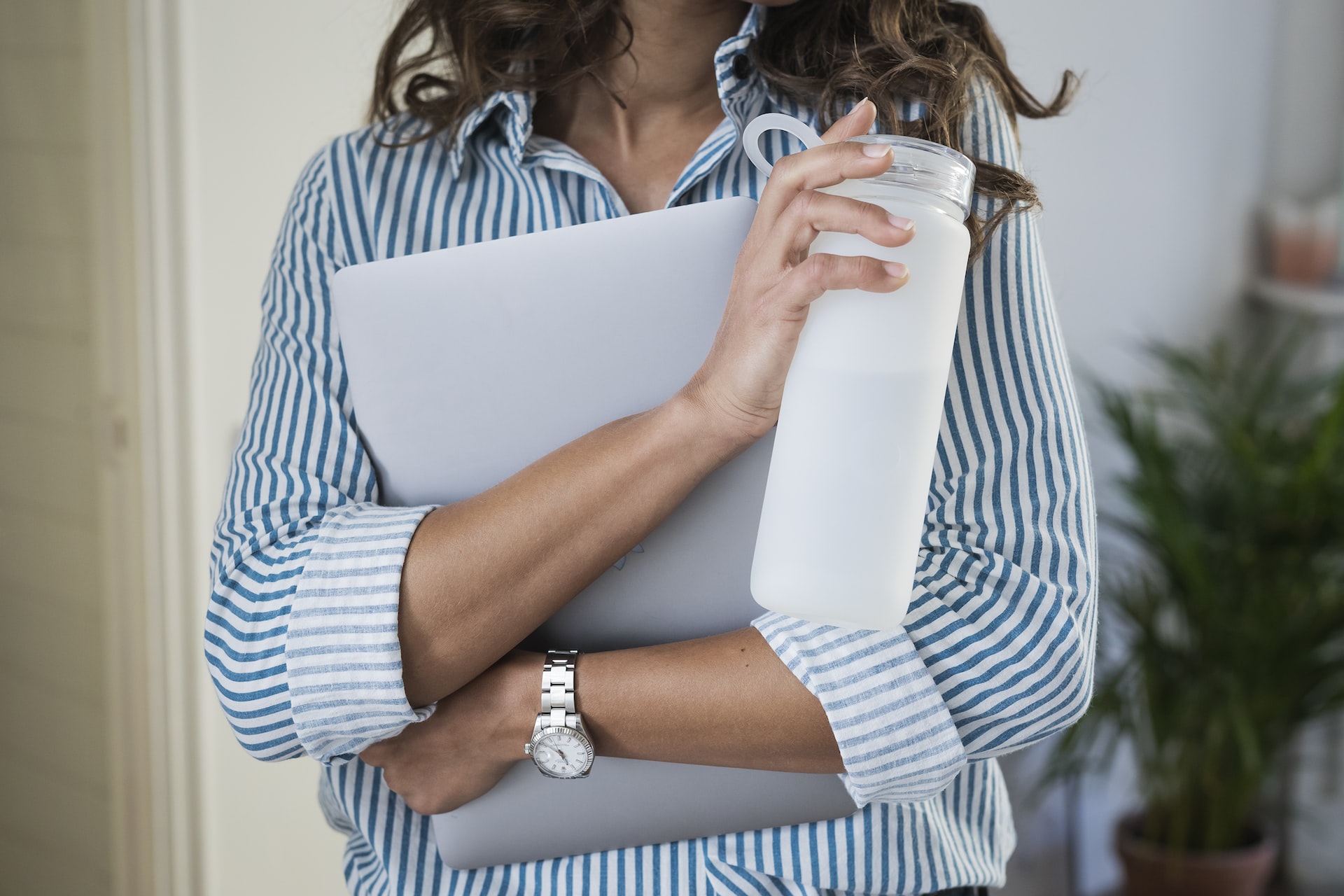Water efficiency is a hugely important topic that all business owners should be educated about. With more and more groundwater reserves being used each year with shortening time periods to replenish them, and with some areas of the UK suffering minor droughts during summer, it is becoming imperative to save water where possible.
If you run a business, this guide will introduce you to water efficiency in the workplace, why it is important, and what can be accomplished by being more efficient with how you use water – as well as tips on how to be more efficient.
Read on to find out more.
Why Is Water Efficiency Important?
Water efficiency is important for various reasons, one of the main reasons being water security. It has even been estimated that by 2050, the UK will consume an additional 3.6 billion litres of water a day – with around 9.6 billion being used every day as of 2020. That means the UK will consume around 13.2 billion litres of water daily by 2050.
That is a huge increase in demand that’ll need to be met for UK households and businesses to function.
However, looking past the raw numbers, being more efficient with water is important to allow businesses to be more environmentally friendly. The more groundwater reserves are used, the less is available in our ecosystems and environments up and down the nation – this will accelerate habitat and wildlife destruction.
To protect our natural habitats in the UK, we need to be much more proficient with how and when we use water.
In addition, being more efficient with water will reduce your business’s carbon emissions and save your business money monthly on your water bill.
What Can Businesses Do To Save Water?
A whole host of steps that a business of any scale can take to improve its water efficiency and begin saving on water.
Invest In Better Appliances
Appliances are a huge consumer of water on business premises, especially businesses operating in the hospitality industry. Choosing to source dishwashers or washing machines that are far more effective while using less water will help you significantly reduce water usage.
Install Water Saving Measures
No matter what area of business you are in, if you have a physical office, you can easily start by installing water-saving measures in your cafeteria, kitchen, and bathrooms.
All the taps in your office can be fitted with special faucets that limit water flow. Your tap won’t suffer any decrease in effectiveness, as the water pressure isn’t impacted – only the quantity of water flowing from the faucet.
Equally, you could install toilet tanks in all of your cisterns or upgrade your toilets to have a two-flush option – allowing employees and guests to save water depending on what they use the toilet for.
Encourage Water Sustainability Practices
A vital part of saving water is educating people about the need to save water and giving them easy ways to contribute at work.
Conducting a short meeting with your employees and implementing water-saving policies across your business will help keep everyone on board with your water-saving initiatives.
For those who may visit your place of business, placing gentle reminders around your business about water sustainability – such as in bathrooms – can help educate your patrons and further your water sustainability goals.
It may even be worth choosing a trusted employee to stay on top of your business’s water sustainability efforts and ensure everyone is doing their part.
A Comprehensive Water Audit
A water audit performed by experienced specialists will help give you unique, case-by-case insights into how much water you are using and how best to cut that usage down to the bare minimum required.
A water audit will assess how much water your business uses by assessing the following:
- the taps in your property
- your property’s showers (if applicable)
- sink and toilet efficiency
- canvass for any leaky pipes
- assess the efficiency of any kitchen appliances (if applicable)
These detailed statistics can then help you form a plan of action to reduce how much water your business is using daily.
These are useful in instances where you want to cut down but don’t know if you need more efficient appliances or if you have a hidden leak.
To Conclude
Our guide to water efficiency for businesses has helped educate you about the importance of being sustainable with water and gives you useful pointers to implement at your business to start saving.
There are plenty of things you can do immediately to begin saving water!











